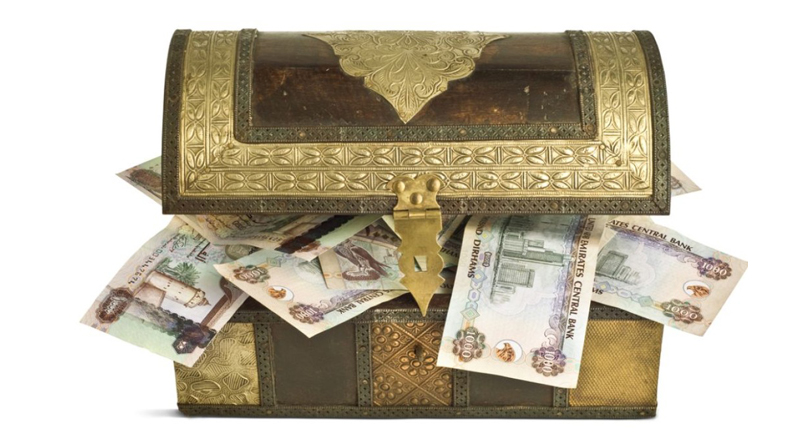In Europe, America and Asia there have already been some financial crises because of speculation.
According to the Qur’an it is prohibited for Muslims to speculate on the stock market or demand interest. Despite this, Islamic banks are growing rapidly. The special business models have been thought up by the Europeans, Americans and Asians and could serve them as business models.
Shariah law also applies to the financial world. It may require no interest or a Muslim may not speculate on the stock market which is also prohibited. The religious rules exploit this as the needs of others, as well as the debtors.
Islamic insurance companies are still a small market with $20 billion, but they are growing according to the market researchers Ernst & Young, with double-digit growth rates. There are also Islamic banks; so far they want to earn even more money. Since 2008 to 2014, the capital of the Islamic institutes rose from $800 billion to $1.8 trillion, according to the Global Islamic Finance Report. The value of Islamic bonds, known as Sukuk, is increasing from $6.6 billion in 2004 to the expected value of $145 billion by the end of 2015. It is being multiplied.
All in all, the Islamic financial instruments are currently around one percent of the world’s capital.
Today even non-Islamic companies such as Goldman Sachs and General Electric Capital invest in Sukuks. The Sukuks are being traded also in Christian countries such as Great Britain, Luxembourg, South Africa and even in the Buddhist Hong Kong. Since 2004 the United Kingdom is the first non-Islamic country with a Shariah compliant bank.
Sukuks owe their large growth rates not only to the larger and more prosperous Muslim population, but also to the ethical benefits of Shariah law.


